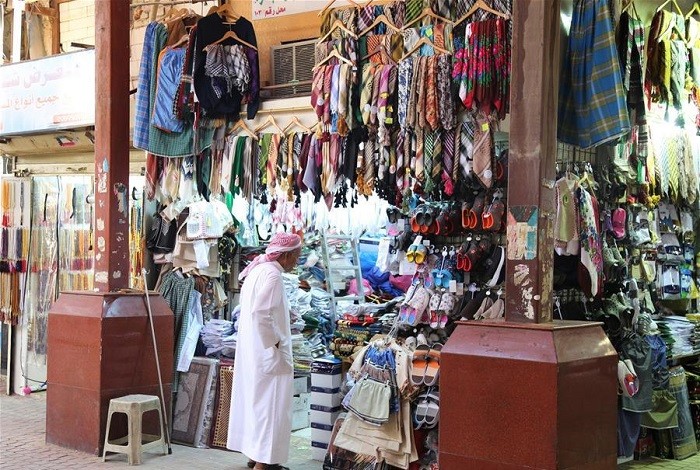Many expats, who have spent a majority of their lives in Kuwait, building their hopes and dreams here, are now dismayed to find they will be forced to leave the country once the ban on work permits to those above the age of 60 years, as well as holders of high school diploma or below and its equivalent, comes into effect, Al Qabas reported.
Muhammad Al-Aidarous, has memories of joy, sadness, bitterness and grief of Kuwait. He arrived in the country in 1957 from Yemen, and has been a resident till the age of sixty, “My whole life is here… I will not leave it even if I have to violate the law,” he said.
Al-Aidarous desires are similar to those of a large segment of Arab expatriates, who feel linked to this land emotionally. Many have refused to leave, and cling to their memories despite the decision issued by the Public Authority of Manpower (PAM). In the crowded areas of Souk Al-Mubarakiya, where elderly expatriates of different nationalities sit in the market. They await a glimmer of hope that the decision not to transfer or renew their visas will be changed for those who have reached 60 years, so that they can live the rest of their lives in happiness in the country they have grown to love.
Hamdi Bohazem, who sells beads at the Mubarakiya market, said, “The decision issued by the government has to be given due respect, but we expect it to be reviewed from the humanitarian side.. I have simply spent my life in Kuwait. I do not know where else I can live other than this good country. ”
The decision aims to amend the demographics and reduce the number of expatriates, Bouhazem pointed out, “There are other things that can achieve such a feat, including not bringing in new workers from abroad, but modifying the composition needs careful study that does not harm the elderly.” He called for “a reconsideration of the decision as it causes great problems and deprives thousands of families of a decent life, especially as many expats provide for families. The government should allow us to work because we are able..”
For his part, Safar Muhammad, who works in one of the old restaurants in the Mubarakiya market, explained that “most of the expatriates who have reached the age of 60 have families and students at the university or high school in Kuwait, and they are productive members of society, they pay health insurance, rents and school fees. There are those who entered Kuwait in the seventies or before, and do not know a country other than Kuwait.”
In a sad tone, the Syrian Abu Ahmad says, “I came to Kuwait in 1964, and worked in the Ministry of Electricity and Water, then I moved to the Ministry of Works. I have spent 35 years in the country, during which I supervised most of the infrastructure projects in Kuwait and its cities in terms of roads and sanitation. I cannot be away from my children and grandchildren who live here.”
He appealed to the officials to reconsider the decision and consider those who served Kuwait with pride in its governmental facilities.
In the gold market, Abu Iyad sits in his shop, which he inherited from his father, and says, “I am a gold merchant, and it is a profession inherited from father to grandfather. I moved to Kuwait in 1975, and I established my gold business and married and lived among my Kuwaiti brothers. Everything I own is in Kuwait. I have not remitted a single dinar outside Kuwait. My children now manage my business, while I supervise with my experience. A Kuwaiti family shares my business with me, and during this period, I was for them the best son and brother, and I am still.”
He appealed to the decision-makers “to look sympathetically upon those who are an example of a good citizen, and allow us to continue our trade, as long as we remain an asset to Kuwait.”

